Service hotline
+86 0755-83044319
release time:2023-09-11Author source:SlkorBrowse:8755
Why is silicon carbide considered the future of automotive power modules?
The bandgap width of silicon carbide is approximately three times that of silicon-based materials. The critical breakdown field strength is approximately ten times that of silicon-based materials. The thermal conductivity of silicon carbide is about three times that of silicon-based materials, and the electron saturation drift rate is about twice that of silicon-based materials. The high voltage resistance, high temperature resistance, and high-frequency characteristics of silicon carbide materials make them suitable for more demanding operating conditions compared to silicon-based devices. They can significantly improve efficiency and power density while reducing costs, size, and weight in applications.

Performance Comparison of Various Semiconductor Materials
According to Yole data, the global market size of silicon carbide power devices is projected to grow from $1.09 billion in 2021 to $6.297 billion in 2027, with a compound annual growth rate (CAGR) of 34%. Among them, the market size of silicon carbide for electric vehicles is expected to increase from $685 million to $4.986 billion, exhibiting an even higher CAGR of 39.2%. Electric vehicles (including inverters, onboard chargers, and DC/DC converters) represent the largest downstream application for silicon carbide, with its market share projected to rise from 62.8% to 79.2%, indicating a continuous upward trend in market share.

Market Analysis by Yole
The application trend of silicon carbide in the automotive industry
In the electric vehicle industry, the most concerning issue is the driving range. There are many factors that affect the driving range, including battery capacity, vehicle weight, and the energy conversion efficiency of the power system. Power semiconductors are the core of energy conversion, and silicon carbide power devices have advantages over silicon-based devices, such as lower conduction losses, higher switching frequencies, and higher working voltage endurance. They can achieve higher system energy conversion efficiency and can provide more driving range than when using silicon-based power devices with the same amount of electricity. Therefore, the demand for the application of silicon carbide power devices in electric vehicles is becoming increasingly prominent. In electric vehicles, the application of silicon carbide power devices mainly focuses on two directions: one is for the motor drive inverter (motor controller), and the other is for the on-board power supply system, mainly including power conversion systems (on-board DC/DC), on-board charging systems (OBC), on-board air conditioning systems (PTC and compressors) and other aspects.
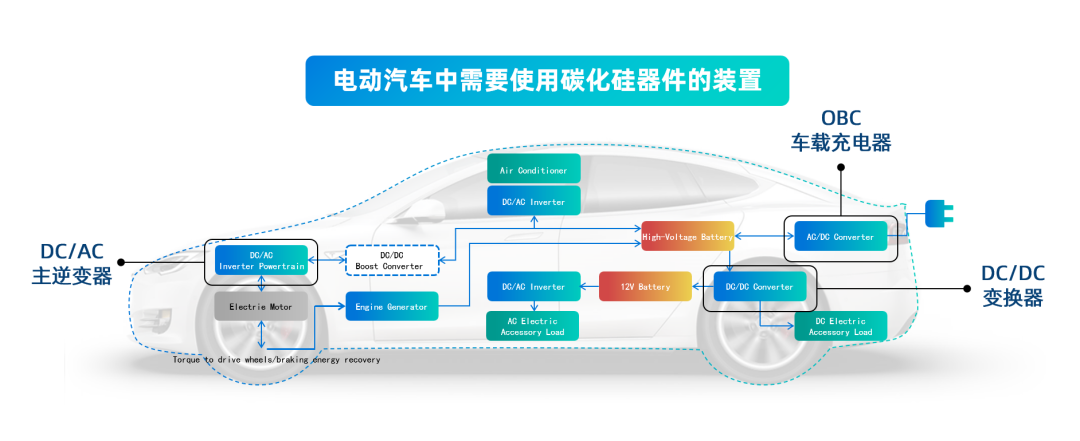
The industrialization and technological logic of automotive silicon carbide power modules
Currently, the global silicon carbide industry is dominated by the United States, Europe, and Japan, with the majority of silicon carbide materials coming from American companies. Europe has a complete industrial chain covering silicon carbide substrates, epitaxy, devices, and applications, while Japan has a leading advantage in silicon carbide chip, module, and application development. China currently has a complete silicon carbide industry chain and is internationally competitive in material preparation and testing applications. Currently, foreign companies rank at the top, and domestic companies have not yet established a significant market share. However, in the field of new energy vehicles, due to China's leading position in vehicle electrification, the domestic market is becoming a favorable factor for the rise of domestic semiconductor companies.
Currently, global silicon carbide companies are actively exploring the automotive market, with main applications including power discrete devices and power modules. Among them, the excellent characteristics of silicon carbide chips need to be realized through efficient and reliable connections with packaging and circuit systems in order to achieve perfect performance. Silicon carbide MOSFET power modules, produced through professional design and advanced packaging processes, are currently the mainstream trend in electric vehicle applications.
To be continued...
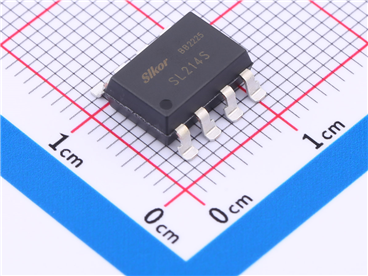
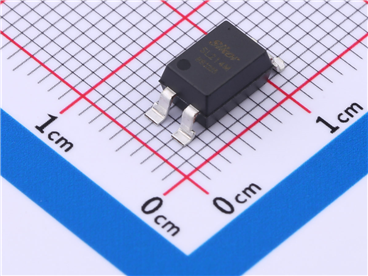
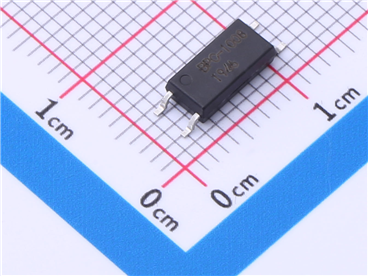
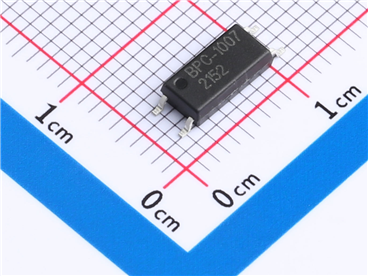
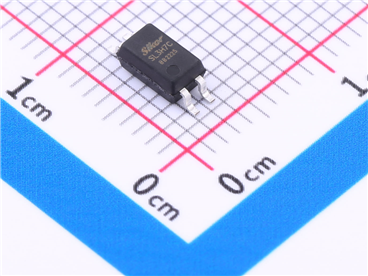

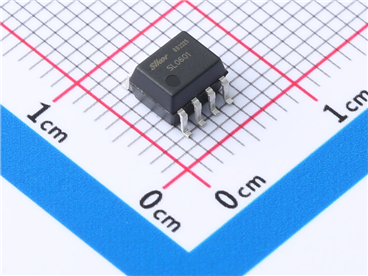


Site Map | 萨科微 | 金航标 | Slkor | Kinghelm
RU | FR | DE | IT | ES | PT | JA | KO | AR | TR | TH | MS | VI | MG | FA | ZH-TW | HR | BG | SD| GD | SN | SM | PS | LB | KY | KU | HAW | CO | AM | UZ | TG | SU | ST | ML | KK | NY | ZU | YO | TE | TA | SO| PA| NE | MN | MI | LA | LO | KM | KN
| JW | IG | HMN | HA | EO | CEB | BS | BN | UR | HT | KA | EU | AZ | HY | YI |MK | IS | BE | CY | GA | SW | SV | AF | FA | TR | TH | MT | HU | GL | ET | NL | DA | CS | FI | EL | HI | NO | PL | RO | CA | TL | IW | LV | ID | LT | SR | SQ | SL | UK
Copyright ©2015-2025 Shenzhen Slkor Micro Semicon Co., Ltd